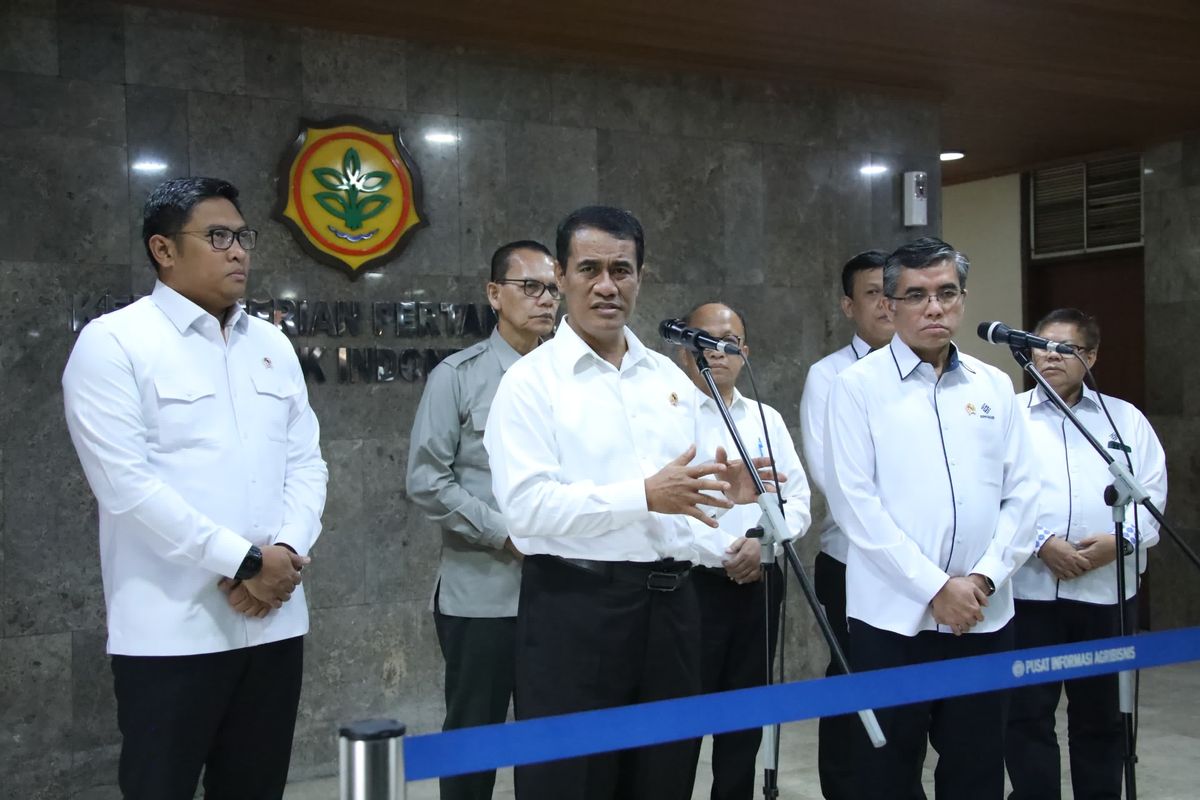Indonesia is taking significant strides toward modernizing its agricultural sector by developing modern agricultural clusters. A pivotal component of this initiative is the deployment of 500 skilled instructors by the Ministry of Manpower (Kemenaker). This strategic move aims to enhance agricultural productivity, attract younger generations to farming, and position Indonesia as a global food supplier.
The Role of Modern Agricultural Clusters
Modern agricultural clusters are collaborative networks that bring together farmers, agribusinesses, research institutions, and government agencies to optimize resource use, share knowledge, and implement advanced farming techniques. These clusters focus on:
- Innovation and Technology Adoption: Implementing modern tools and practices to increase efficiency and yield.
- Market Access: Improving supply chain logistics to ensure farmers can reach broader markets.
- Sustainability: Promoting environmentally friendly practices to ensure long-term agricultural viability.
Kemenaker's Initiative: Deploying 500 Instructors
To support the development of these clusters, Kemenaker has deployed 500 instructors across various regions. These instructors are tasked with:
- Training and Mentorship: Providing hands-on training to farmers in modern agricultural practices.
- Technical Support: Assisting in the operation and maintenance of advanced agricultural equipment.
- Capacity Building: Empowering local communities to manage and sustain agricultural innovations.
Impact on Millennial Farmers
A significant aspect of this initiative is its focus on engaging millennial farmers. The government aims to involve 27,000 young farmers in these modern agricultural clusters to rejuvenate the sector and ensure its future sustainability. This effort includes:
- Providing Modern Tools: Distributing 7,000 units of agricultural equipment to support modern farming practices.
- Offering Training Programs: Equipping young farmers with the skills needed to operate in a modern agricultural environment.
- Ensuring Food Security: Enhancing food production to achieve self-sufficiency and reduce dependency on imports.
Positioning Indonesia as a Global Food Supplier
The overarching goal of these initiatives is to transform Indonesia from a food importer to a major food exporter. By modernizing its agricultural sector, Indonesia aims to:
- Increase Productivity: Implementing efficient farming techniques to boost crop yields.
- Enhance Quality: Ensuring that agricultural products meet international standards.
- Expand Export Markets: Penetrating global markets to establish Indonesia as a key food supplier.
Challenges and Future Outlook
While the deployment of 500 instructors and the focus on millennial farmers are positive steps, challenges remain, including:
- Infrastructure Development: Ensuring that rural areas have the necessary infrastructure to support modern agriculture.
- Financial Support: Providing access to capital for farmers to invest in new technologies.
- Climate Resilience: Developing strategies to mitigate the impacts of climate change on agriculture.
Addressing these challenges requires continued collaboration among government agencies, the private sector, and local communities. With sustained effort, Indonesia's vision of becoming a global food barn can become a reality.
Read More






 Wednesday, 04-02-26
Wednesday, 04-02-26







